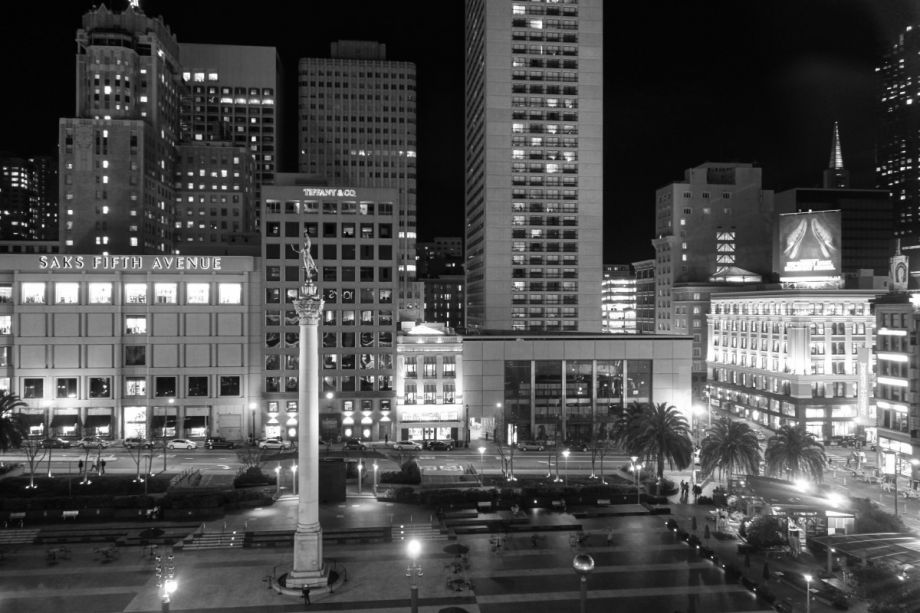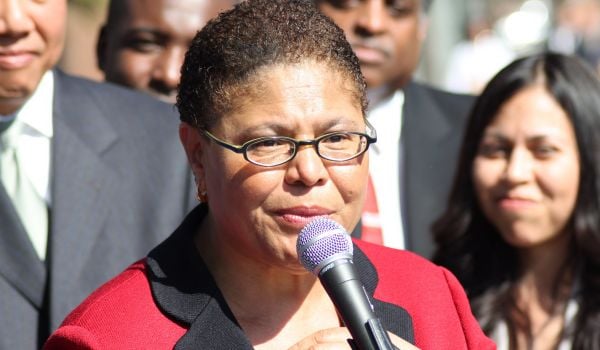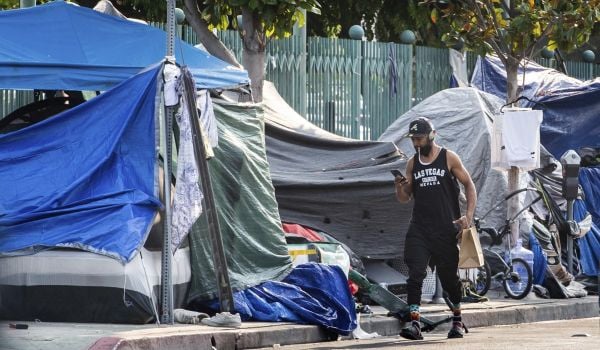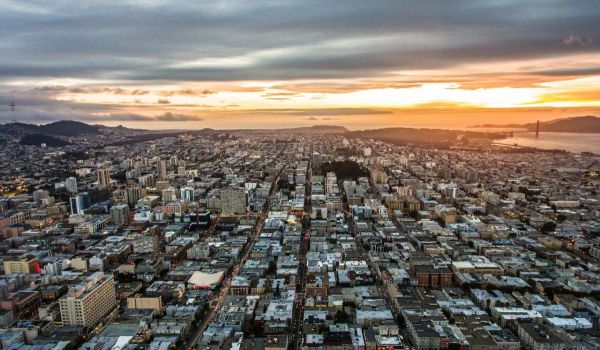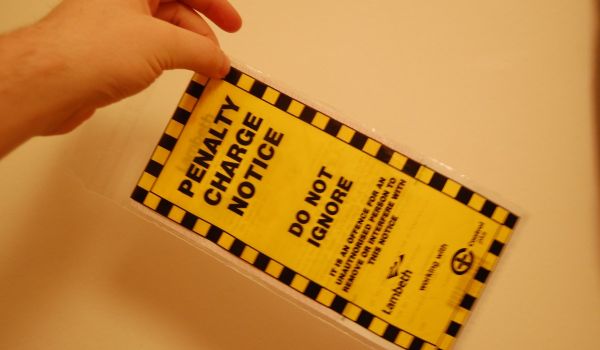If you’ve been around a downtown shopping area lately, in practically any city in the U.S., you’ve seen the names on trash cans, street-cleaning staff uniforms, tour guide jackets, or maybe a banner hanging from a streetlamp. They’re typically known as Business Improvement Districts, or BIDs. They’ve grown increasingly popular over the past few decades. By one count, there’s more than a thousand of them across the U.S. New York City has 75. Chicago calls their 73 “Special Service Areas.” Los Angeles has 41. Philadelphia has 14, with at least one more on the way. There’s also a BID for Waikiki, Honolulu.
BIDs are commonly quasi-public entities, established as nonprofits but funded by a city-sanctioned levy on top of existing property taxes, assessed to property owners within the BID area. The funds pay for things like the fancy BID-branded trash cans and the maintenance teams that empty them and sweep up the street. BIDs might also pay for programming to help attract shoppers to the area.
But in San Francisco, a new study from researchers at the UC Berkeley School of Law and the Western Regional Advocacy Project shines a spotlight on how San Francisco’s BIDs, known as Community Benefit Districts, have been funding measures to criminalize homelessness, SF Weekly reports.
“Although [BIDs are] present in almost every city in California, researchers, policymakers and the public have paid little attention to their rise and growing influence in local and state affairs,” says Jeff Selbin, the director of the Policy Center and UC Berkeley School of Law, at a press conference Monday, according to SF Weekly. “Our key finding is that they exclude homeless people from public space through aggressive policy advocacy and policing practices. This finding raises important legal — and I would say moral — concerns.”
Former UC Berkeley law student Shelby Nacino, who contributed to the study, described to SF Weekly how the rise of Community Benefit Districts coincided with a sharp rise in the number of anti-homelessness laws. They are “effectively using taxpayer dollars to lobby local government,” she told the site. For example, she said, Union Square’s Community Benefit District unsurprisingly lobbied in support of Proposition L, better-known as the sit/lie law, which passed in 2010.
On a day-to-day level, local homeless advocates told SF Weekly about the behavior of private security firms hired by Community Benefit Districts to patrol neighborhoods, which are often assigned tasks such as moving people along who are sitting or sleeping on sidewalks.
One of study’s main criticisms is that even though the primary source of funds for BIDs is public, the means by which those funds are spent is through private nonprofit entities with their own boards and their own priorities, with little public oversight, SF Weekly reported. That allows BIDs to channel their funds into lobbying for measures such as those that criminalize homelessness.
The study echoes some of the sentiments seen last year in Queens, N.Y., where residents organized to stop a BID from expanding into their neighborhood, fearing that the BID expansion would result in mass evictions and displacement of existing local businesses that serve the area’s predominantly immigrant population.

Oscar is Next City's senior economic justice correspondent. He previously served as Next City’s editor from 2018-2019, and was a Next City Equitable Cities Fellow from 2015-2016. Since 2011, Oscar has covered community development finance, community banking, impact investing, economic development, housing and more for media outlets such as Shelterforce, B Magazine, Impact Alpha and Fast Company.
Follow Oscar .(JavaScript must be enabled to view this email address)

